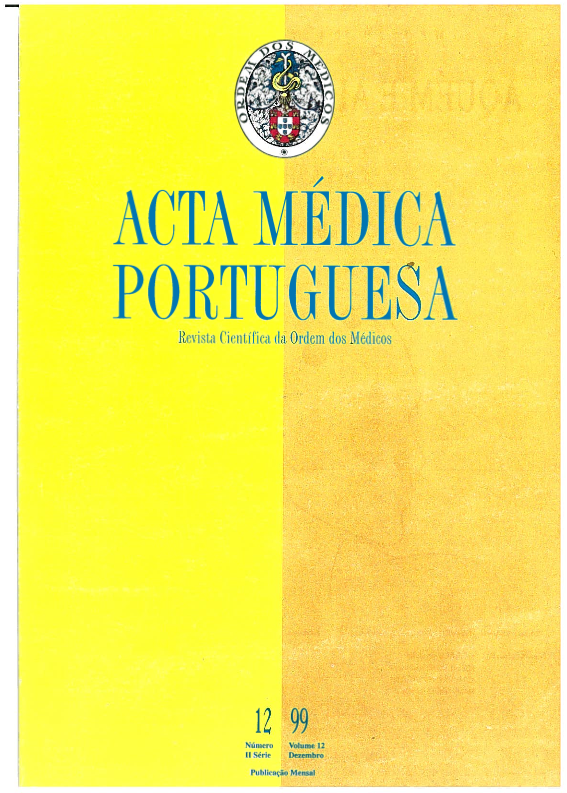Rickettsia infections in Portugal.
DOI:
https://doi.org/10.20344/amp.2170Abstract
After a brief introduction about rickettsioses, we analyse Mediterranean Spotted Fever (MSF) in Portugal, and review Portuguese medical literature. We focussed on the seasonal summer pattern of the disease. MSF is very frequent in Portugal, nearly 1,000 cases are reported every year and young age groups are the most afflicted. Although usually regarded as a benign condition, MSF has emerged as a potentially lethal disease in recent years. The clinical presentation is protean, but usually suggestive enough to allow a clinical diagnosis. The complications are well documented, elderly and people with chronic debilitating diseases being the most affected. Q fever is also endemic in Portugal, although with more modest numbers (about 50 cases a year). Serological studies, however, suggest a higher incidence, probably because the disease is unfamiliar to many clinicians and, as such, it is difficult to diagnose and, consequently, then an important number of subclinical or self-limited cases. In Portugal, fever with hepatic involvement is the most common clinical presentation. Other less frequent clinical forms are atypical pneumonia and CNS involvement. Chronic Q fever is a rare condition.Downloads
Downloads
How to Cite
Issue
Section
License
All the articles published in the AMP are open access and comply with the requirements of funding agencies or academic institutions. The AMP is governed by the terms of the Creative Commons ‘Attribution – Non-Commercial Use - (CC-BY-NC)’ license, regarding the use by third parties.
It is the author’s responsibility to obtain approval for the reproduction of figures, tables, etc. from other publications.
Upon acceptance of an article for publication, the authors will be asked to complete the ICMJE “Copyright Liability and Copyright Sharing Statement “(http://www.actamedicaportuguesa.com/info/AMP-NormasPublicacao.pdf) and the “Declaration of Potential Conflicts of Interest” (http:// www.icmje.org/conflicts-of-interest). An e-mail will be sent to the corresponding author to acknowledge receipt of the manuscript.
After publication, the authors are authorised to make their articles available in repositories of their institutions of origin, as long as they always mention where they were published and according to the Creative Commons license.









